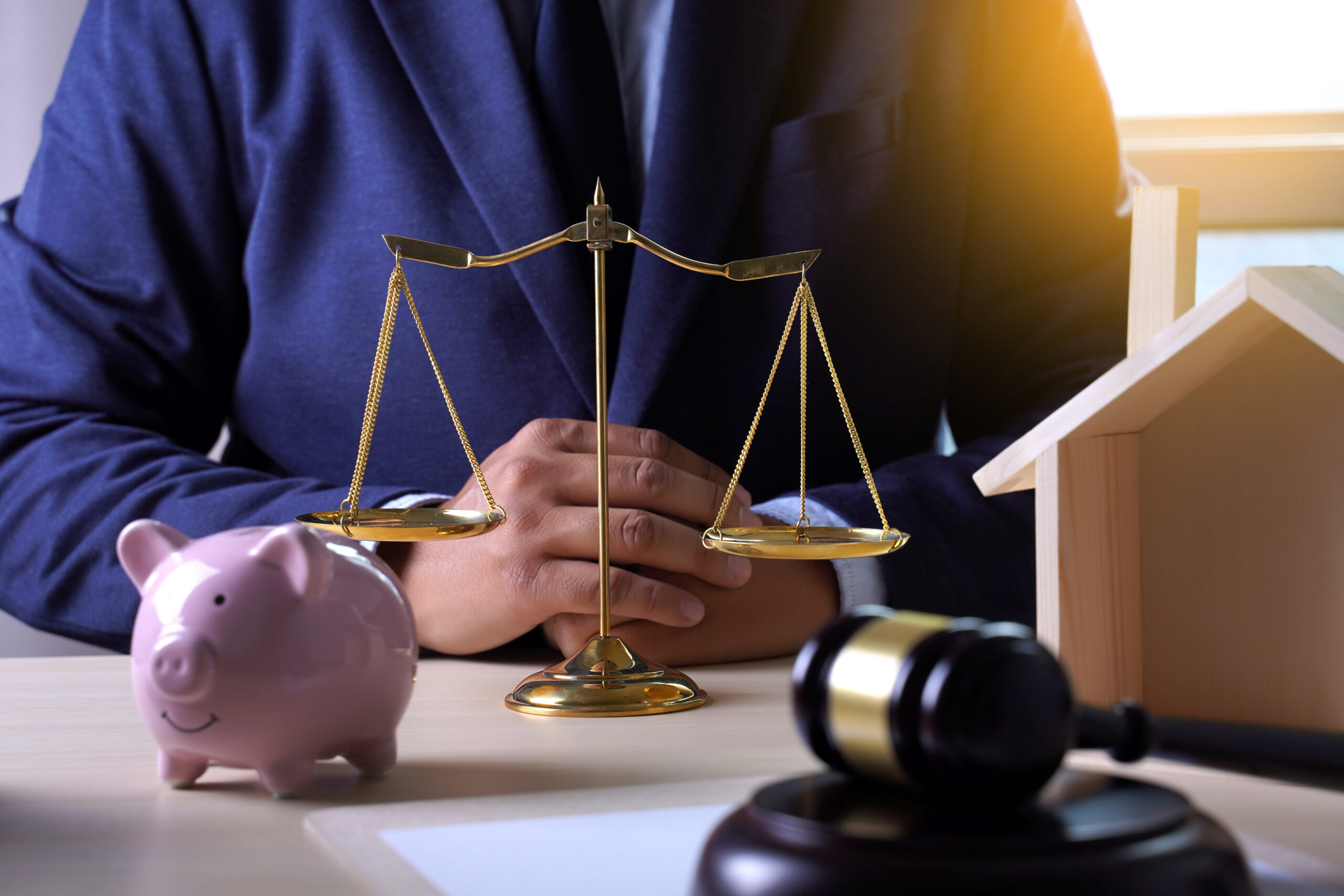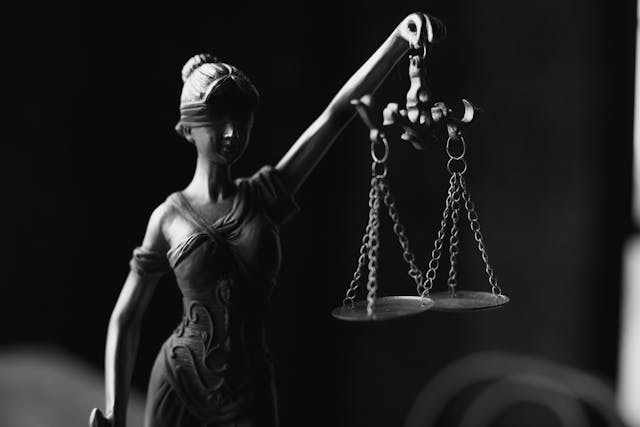Discovering that you have a judgment against you for an outstanding debt can be extremely distressing. You likely feel vulnerable and uncertain about your financial future, as this court order grants creditors the right to seize your assets. If you find yourself in this predicament, it’s crucial to understand that bankruptcy may offer a potential solution. By filing for bankruptcy you may be able to eliminate judgments, providing much-needed financial relief. Please continue reading as we explore what you should know about these matters and why connecting with our dedicated Gillette Bankruptcy Lawyers is in your best interest.
What Does It Mean if There is a Judgment Against Me?
First and foremost, it’s crucial to understand that a judgment is a court order that declares you are legally responsible for paying a debt to a creditor. Creditors are entitled to file a lawsuit to seek payment for an outstanding debt. After a judgment is entered, creditors are permitted to take actions like garnishing wages, seizing assets, or placing liens on your property to collect the balance you owe. If you fail to respond or appear in court, they can win a default judgment.
Does Bankruptcy Eliminate Judgements?
If a judgment is entered against you, it’s critical to understand your legal options. There are several ways to potentially eliminate a judgment. If you have the financial resources available, you could satisfy the judgment by paying the outstanding debt. However, for those with multiple judgments or limited funds, this may not be a feasible option. In extreme circumstances, you may have the judgment vacated. If no other debt-relief options are viable, you may wish to explore filing for bankruptcy.
To determine whether filing for bankruptcy is the best course of action, it’s advisable to consult with an experienced attorney. If you file for bankruptcy, it can temporarily stop collection actions related to a judgment. The outcome of. a judgment in bankruptcy comes down to the type of debt and the specific bankruptcy chapter filed.
Under Chapter 7 bankruptcy, you can eliminate the debt against you by liquidating your assets, repaying creditors, or discharging the remaining eligible debt, including the one in a judgment. Under Chapter 13 bankruptcy, you will enter into a three to five-year court-approved repayment plan that will restructure your debt into one monthly payment. Once you have made your final payment, the remaining eligible debts will be discharged.
You should note that debt covered in a judgment has to be unsecured or it cannot be discharged. if you have debts such as private student loans, this debt is not dischargeable in bankruptcy, meaning you will still be liable for making payments.
Remember, you don’t have to face this challenging situation alone. Reach out to a knowledgeable Gillette bankruptcy lawyer from 307 Bankruptcy, who can help you take proactive steps to address a judgment and regain control of your finances. Connect with our firm today for guidance and skilled representation.



